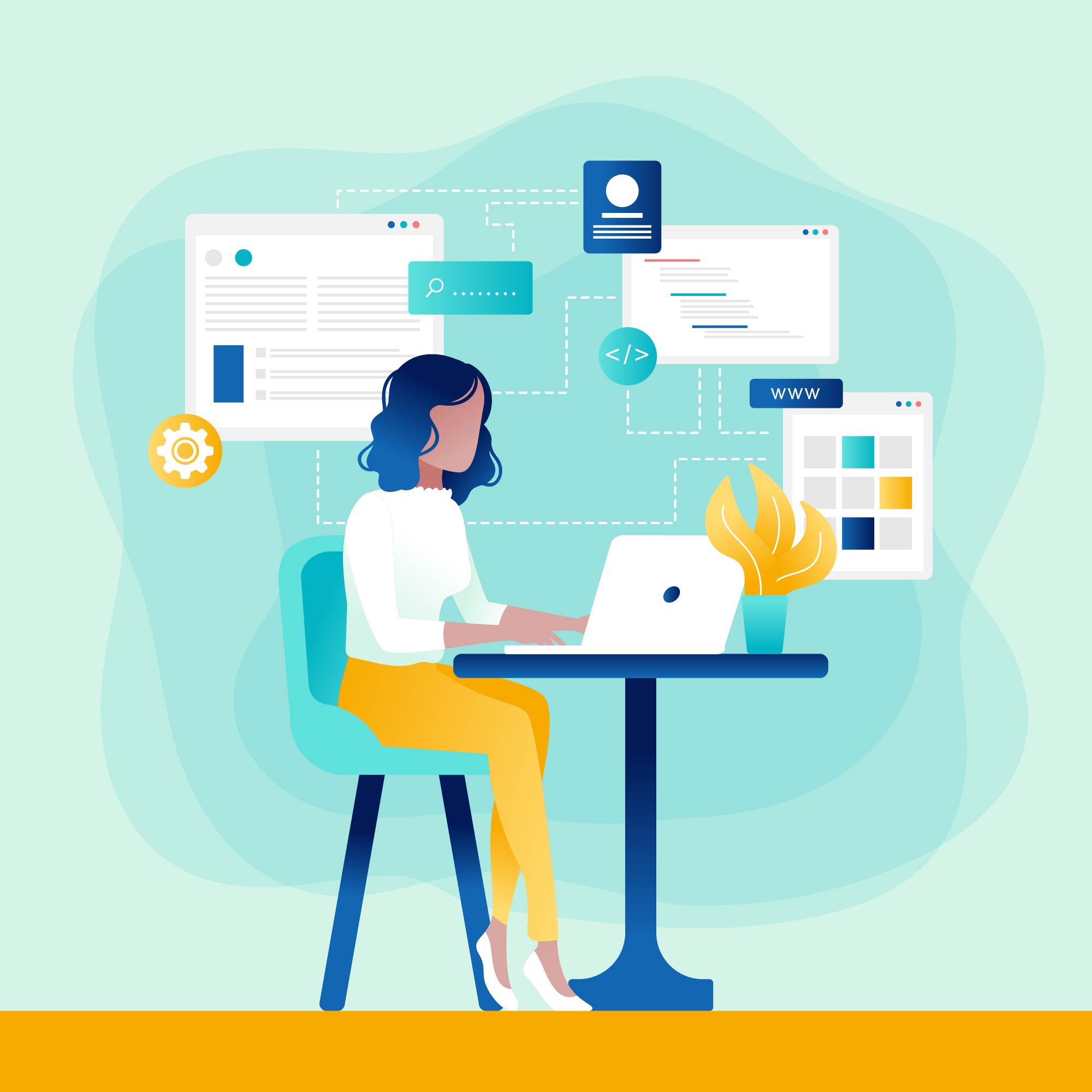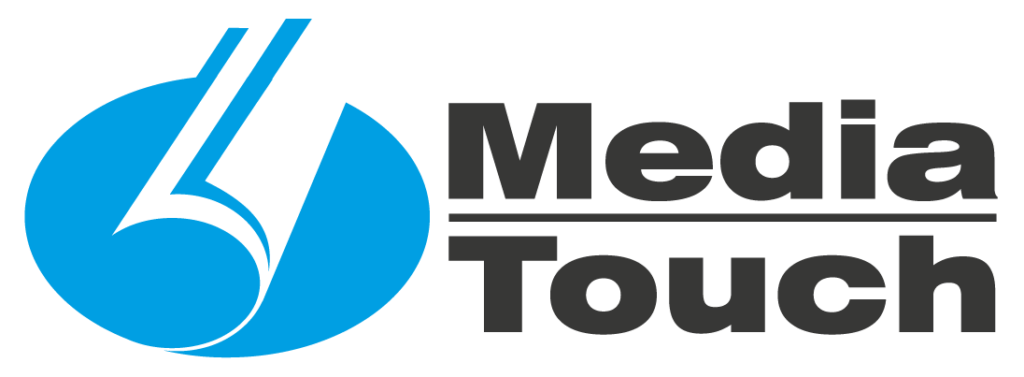Choosing an LMS is like choosing a new dress. You can really find any kind of clothes: sportswear, elegant, trendy or vintage… However only one dress will really be the one that will perfectly fit. But how do I find the right one? And does it really exist? In MediaTouch we believe it does and we have found 7 steps to choose your LMS (without claiming it back!).

Functionality and price: smoke and mirrors?
The usual check list of comparison between features of different systems is almost never the best way to make this choice. The essential thing to ask is: “What are the requirements that are really necessary for my business?”. Clarified the goal, it is essential to make the right choice and then being able to compare different solutions. Even the price is not a fundamental element to make this choice. Paying a cheap price for something that doesn’t apply to our situation is completely useless. Having more checks on a list and an apparently good price doesn’t mean that the product is right or the right choice for you.
Project users: ask to the right people
A successful project must satisfy all its users. It is useless to choose it based on the opinion of a single project manager without having involved the rest of the team. An LMS potentially involves many users: the real end users (who will probably only use a system that they really like), the IT office, the trainers, the managers, the actual administrators of the system, the sales department, the human resources development and regulatory compliance offices, the marketing department.
Flexibility: important today, important tomorrow
Usually what is needed today is not what will be needed tomorrow and it is not always easy to clearly identify in a complete way all the needs of a project. Therefore, preserving flexibility is a very important element to make a choice and to be ready for the new scenarios. But how do we measure the flexibility of an LMS solution? These are some aspects to keep in mind: high possibility of graphics and user experience customization, easy integration with other systems, compatibility with different devices, total cost of the solution.
Scalability: growing easily
The ability to easily scale, in growth or downsizing situations, is a very important element to take into consideration when choosing an LMS. But the scalability of a system should go even further, being able to expand outside the organization itself (for example to customers and suppliers) and to support new needs and functionalities that can easily intervene in an organization.
Support for change: helping you grow
An organization should be free to change and it should also be supported by an LMS that does not force you into long-term and rigid contracts, without the possibility of intervening by controlling the direction of development. It is important for an LMS to support the dynamic needs of its customers in a “tailor-made solution” to address their needs, taking them into account in the evolution of the system.
Identify your driver mix: everyone is different
Each organization has its own unique combination of elements that can guide the decision-making process: time, price, quality… Understanding which are the main priorities for you it is fundamental to set the right goals and to find the correct solutions. In short, it must be clear where we start and where we are going in order to choose the right platform to reach your goals.
Continuous development: a successful asset
Flexibility, adaptability and scalability are key elements for choosing an LMS. In a world driven by rapid technological change, increasing the knowledge, skills and performance of its resources, it is essential to stay competitive on the market. The chosen training solution must reflect and adequately support rapid and proactive change, in order to become a true strategic asset for the organization and helping to guarantee not only its existence, but its development.
To find out more about our services and solutions contact us.



